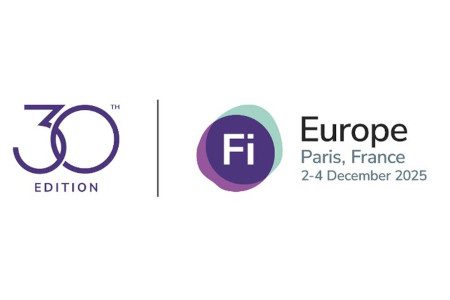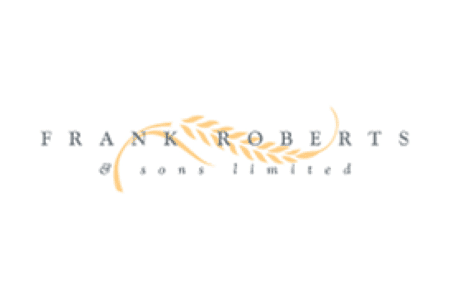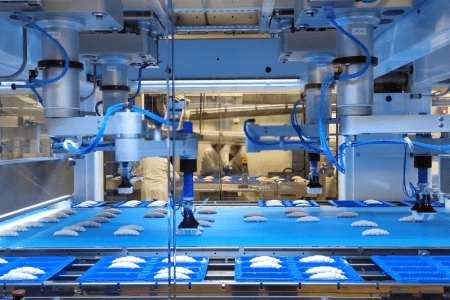Syntegon Technology and SABIC, a global leader in diversified chemicals, have developed a sustainable packaging concept for the frozen food industry with a substantial material reduction potential. Their solution comprises the new PHS 2.0 sealing technology from Syntegon and the 20-micrometer thin biaxially oriented polyethylene (BOPE) film from SABIC. Brand owners can now substantially reduce material consumption and increase their output rates by replacing conventionally used low density polyethylene (LDPE) films with BOPE sealed on PHS 2.0 equipment.
Throughout the frozen food sector, pillow bags are the pack style of choice, with the majority currently made of LDPE. Driven by their mission to deliver sustainability without compromise, Syntegon joined forces with SABIC to find an alternative to LDPE films. The answer lies in the newly developed BOPE film from SABIC and the innovative PHS 2.0 sealing system from Syntegon for vertical form, fill and seal machines.
“Our concept enables the use of thinner films at higher speeds, whilst offering the same sealing quality and product protection as with LDPE,” Pierre Hamelink, Director of business, market and sustainability strategy at Syntegon in Weert, Netherlands, explained. By switching to BOPE, manufacturers can reduce film thickness to 20 micrometers. This thin gauge offers a potential packaging material reduction of 35 to 50% compared to blown PE films such as LDPE, and a cost saving potential of up to 30%.
25% speed increase and 50% downgauging
Tests run on Syntegon machines show that the new material outperforms or performs just as well as conventional polyolefin monomaterial films. Its main benefit: Substantial downgauging compared to LDPE films. Depending on product and machinery specifics, LDPE films typically range from 30 to 80 micrometers in thickness. The BOPE solution from SABIC is a monolayer film structure of only 20 micrometer thickness that offers the same level of puncture resistance and barrier protection as 30 micrometer LDPE films.
This PHS 2.0 sealing system includes servo-driven sealing jaws, an active knife and two-sided heated sealing strips for more consistent, high-quality seals. The new sealing technology stands out for its material efficiency and speed: it reduces the required clamped film surface by up to 6.8% and increases the packaging speed by as much as 25% – up to 130 bags per minute. The increase in speed is achieved by reducing the sealing and cooling times by 50 and 30%, respectively.
What is more, manufacturers can maximise their film yield per roll and reduce film roll changes. This helps to reduce costs, save time and optimise storage space. The new packaging concept for frozen food not only offers material savings and output gains: The BOPE film from SABIC is fully recyclable via mechanical and chemical PE recycling streams. Chemically recycled post-consumer plastics are safe for food packaging applications and can undergo multiple recycling loops without a loss of quality, thus bringing the packaging industry one step closer to a circular economy.
Collaboration between equipment provider and material supplier
The new sustainable packaging concept demonstrates the value of cooperation between stakeholders throughout the supply chain. “As a system solution provider, we know that sustainability cannot be achieved single-handedly,” Hamelink said. “In order to test machine performance with sustainable materials, we partner with stakeholders very early on in the development process. When it comes to sustainability, we make sure brand owners don’t have to compromise on speed and quality.”
True to their mission to offer sustainable solutions for everyone, Syntegon’s VFFS testing centre helps brand owners to find the right packaging material and technology for their product. Syntegon Technology’s portfolio ranges from primary and secondary packaging to transport packaging, as well as customer services, such as preventive maintenance and spare parts management.






